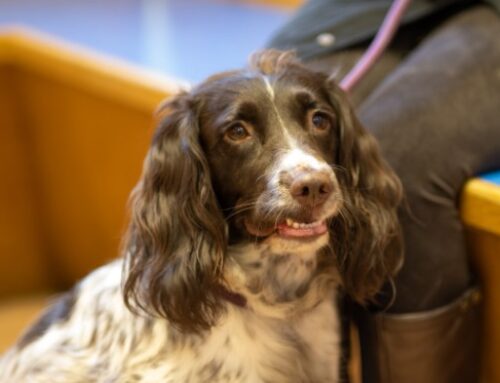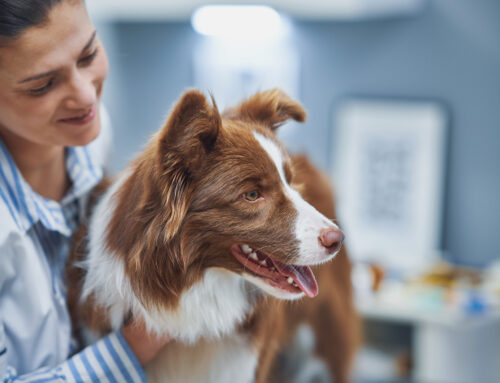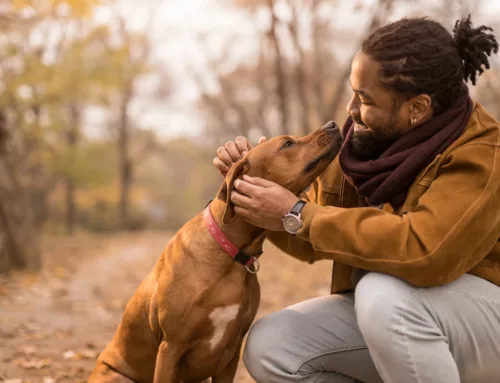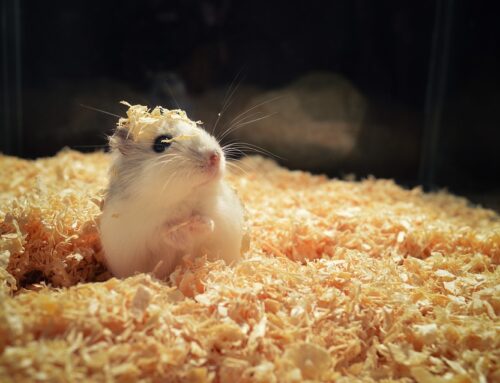You may find your dog’s bones or toys hidden under a cushion on the sofa, under a blanket or buried in the garden. It is not a game to your pet. It is a way of saving and protecting it, a survival instinct that their ancestors learned to sustain them when prey was hard to find. Wild relatives would often bury their food because they may have killed an animal that was too big to eat all at once, or they may have killed several animals when they were plentiful. This is called caching or hoarding their food, just as squirrels do the same thing. Our dogs do not experience the extreme hunger that would encourage them to find it again, so often these buried treasures are often forgotten.
The claws and paws of dogs are well suited to digging and over thousands of years they have found that burying the bones of their prey would reduce the possibilities of other animals taking their food away. Even though bones do not have a great deal of nutrition, the meat clinging to them and the marrow in them when the dogs cracked them open was often enough to sustain them through lean periods. Not only did burying their bones make it harder for others to find, but it masked the smell and kept them out of the air and sunlight, which would speed up the spoilage of the bones.
Having said all this most vets advise against giving your dogs bones as they can cause vomiting, diarrhoea, constipation and can even cause broken teeth.
Dogs lick to groom themselves and others. Mothers lick their puppies to clean them and stimulate their urination and defecation. Older puppies and the young of wild dogs lick the mouths of the adults as a greeting to stimulate them to regurgitate. The puppies eat this regurgitated food as they are weaned from their mothers and begin to eat solid food. As the puppies grow older the licking becomes a way of greeting and increasing bonding between pack members.
This last reason for licking (greeting and begging) is probably the one that has developed into the licking tendency of pet dogs. Licking is a way our pet dogs can greet us and say “it’s good to see you” and strengthen their relationship with us.




